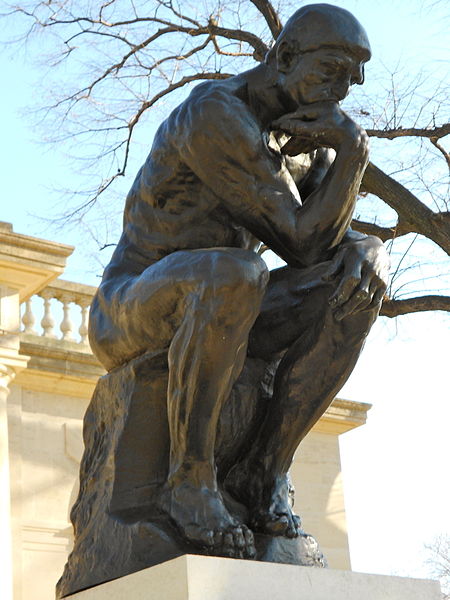If you're like me, you're quick to doubt a story. People like me constantly ruin movies by pointing out errors that most people don't care enough about to notice. I'm the guy who wonders how Jeff Goldblum created a computer virus for an alien programming language in Independence Day (1996), how John Hammond re-created prehistoric plant life from mosquitos (which might have sucked on dinosaurs, but certainly not on flowers,) in Jurassic Park (1993), and how humans and Vulcans had similar enough DNA to have a child (Mr. Spock,) even though they're not of the same species, planet or galaxy in Star Trek?
 |
| Yes, I should have more important to think about. No, I am not ashamed. |
But there's some truth to this idea...
Hercules - An Abridged History
If you want to learn more about Hercules, I invite you to read Library of World History by Diodorus of Sicily. Or, you can read all you need to know within three paragraphs from me. Your choice. No pressure.
Hercules is actually the Roman spelling of the Greek hero, Herakles. Herakles, son of Zeus, was the Greek equivalent of Superman - he was tall, handsome, impossibly strong and practically indestructable. You might have seen the terrible Disney adaptation that features a satyr voiced by Danny DeVito - that's not the story of Herakles, that's just Disney making money.
 |
| Sorry Danny, but Hercules was trained by a centaur, NOT a satyr. |
The history of ancient Greece is interwoven with its mythology, making the "truth" very messy. Was Herakles a real person? Probably. Was he superhuman? Probably not. Most kings and ancient rulers were seen as having a touch of the divine, so many stories written about their deeds include godly intervention. The myth says after Herakles completed his Fifth Trial, he hosted a series of games in honor of his father, Zeus. The games included boxing, chariot racing, pankration (MMA for ancient Greece,) pentathlon (discus, javelin, long jump, running and wrestling,) running and wrestling. The myth also has it that Herakles measured out the running track by 600 paces. Using math, historians have measured the length of the ancient Athens track and found that Herakles would have had a size 13 foot and would have been over six feet tall.
The Olympics
The Olympics were the games that Herakles created in honor of his father, Zeus. Hosted in the city of Olympia (it's namesake,) the games have a history starting in 776 B.C.E.
Every four years, the city-states of Greece would send champions to Olympia to compete in the games for the honor of their lands (sound familiar?) The competing city-states included Sparta, Athens, Corinth, Argos and Megara. Although these lands were consistently at war, the games were a place for temporary peace - no killing your fellow competitors! The winners of the games were said to be "favored by the gods," implying that their homeland was also favored. This often led to new wars breaking out.
If the games were started by Herakles, their history goes back to about 1300 B.C.E., but as I said, the earliest confirmed history of the games is 776. After the fall of Greece, the Romans traded the Olympics for gladiator matches. Later, a Christian emperor, Theodosius the Great, discontinued the games, citing that they celebrated the old gods. The modern Olympics were re-established in 1896, the first of which honorarily took place in Greece.
Only now, instead of Hercules punching out a Spartan, we have Michael Phelps speeding through an over-sized puddle.
 |
| Arguably not as cool, but still good. No disrespect to my man, Mike! |
No comments:
Post a Comment